Five Yemeni cities left without water due to Saudi siege: ICRC
The International Committee of the Red Cross (ICRC) says the Yemeni capital of Sana’a and the south-central city of Bayda have joined the list of urban centers without clean water due to a persisting blockade imposed on the impoverished nation by a Saudi-led military coalition.
The ICRC said in a statement on Monday that the siege, which halted the import of fuel needed for pumping and sanitation, has blocked the access of some 2.5 million Yemenis to clean water in crowded cities.
Geneva-based humanitarian institution’s spokeswoman, Iolanda Jaquemet, said in the statement that the lack of access to clean water was “putting them [Yemenis] at risk of another major outbreak of water-borne diseases,” similar to the deadly cholera outbreak that has claimed the lives of at least 2,200 Yemenis since April.
She added that some 940,768 Yemeni people had been infected with the water-borne diseases in the world's worst epidemic in a single year.
Jaquemet also warned that other cities of the Arab country “are running out of fuel,” which is necessary to run pumping and sanitizing machines.
“The water and sewage systems in Dhamar and Amran are now providing only half the normal coverage,” Jaquemet further said.
Back on Friday, the ICRC said in a similar statement that the Yemeni cities of Ta'izz, Sa’ada and Hudaydah were deprived of clean water and sanitation, warning of “a renewed cholera outbreak.”
Saudi Arabia has been ceaselessly pounding Yemen since March 2015 in an attempt to crush the popular Houthi Ansarullah movement and reinstate the former president, Abd Rabbuh Mansur Hadi, a staunch ally of the regime in Riyadh.
Latest figures show that the war has so far killed over 12,000 Yemenis and wounded thousands more. The Saudi aggression has also taken a heavy toll on the country's facilities and infrastructure, destroying many hospitals, schools, and factories.
To further coerce Yemenis, Riyadh imposed a tight blockade on nearly all Yemeni air, land and sea ports on November 6, prompting human rights and charity groups to raise the alarm over deteriorating situation in the country as people, particularly children, are increasingly suffering from the lack of food and medical supplies.
On Thursday, three of the United Nations agencies, the World Food Programme, UNICEF and the World Health Organization, in a statement made a fresh plea for the Saudi war machine to remove its blockade on the impoverished nation, warning that without aid shipments “untold thousands of innocent victims, among them many children, will die.”
They further warned that even if the blockade was only partially removed, an additional 3.2 million people would be pushed into hunger. The trio also said that one million children were at risk of a fast-growing diphtheria outbreak.
Hamas hails Gaza’s victory over Israel in genocidal war, its forcing enemy to agree to ceasefire
'Capitulation': Israeli officials and media concede Gaza defeat as truce unfolds
'Gaza has won': Social media users react to ceasefire with mix of relief, joy
Iran seeks South Korea’s assistance for AI, fiber-optic projects
VIDEO | Iran's 'Eqtedar' (Power) maneuver
Israel hits HTS military target in Syria for 1st time since fall of Assad
VIDEO | Press TV's news headlines
Israel has slaughtered 13,000 students in Gaza, West Bank


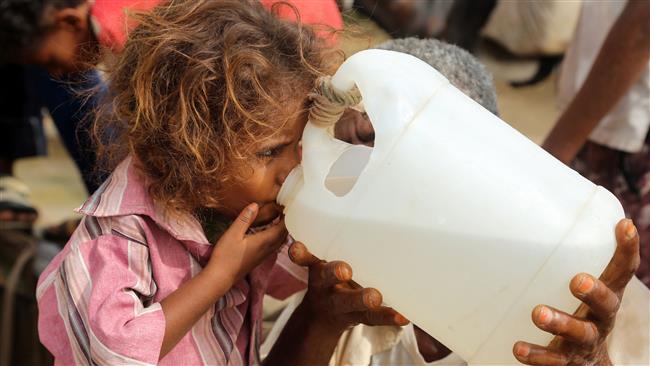

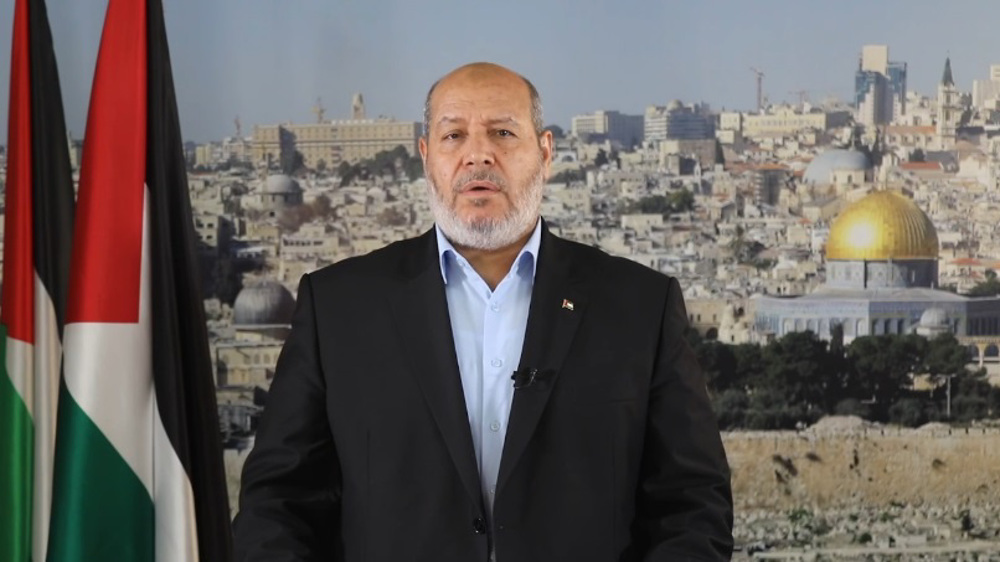
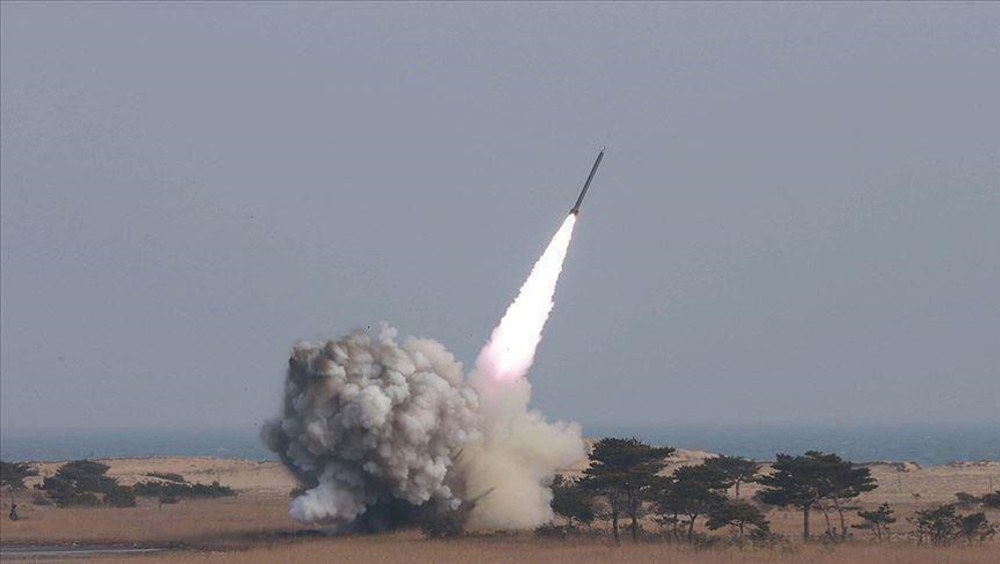
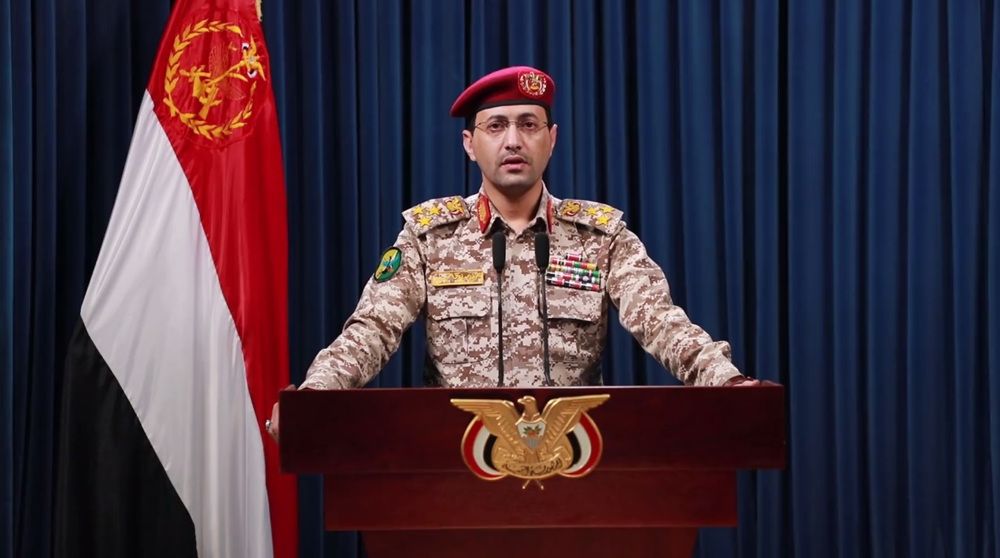



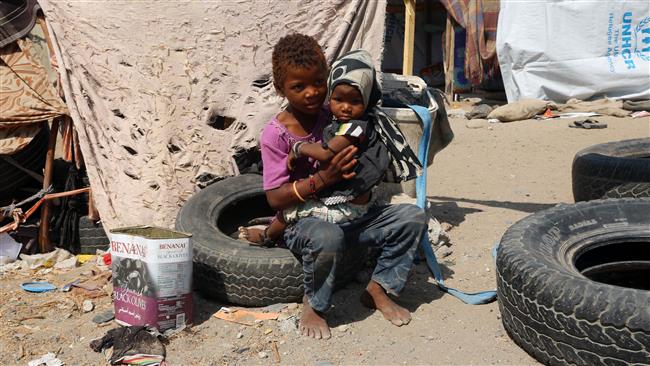
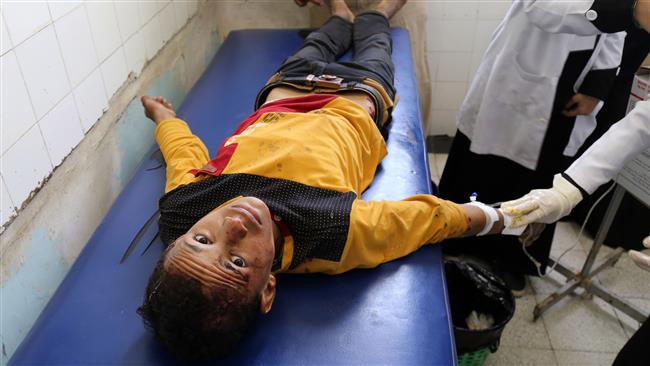
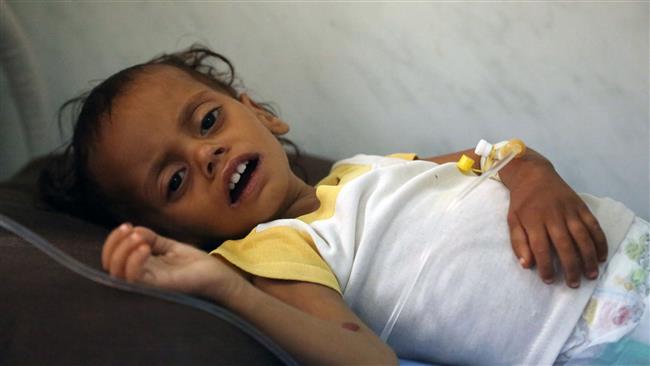
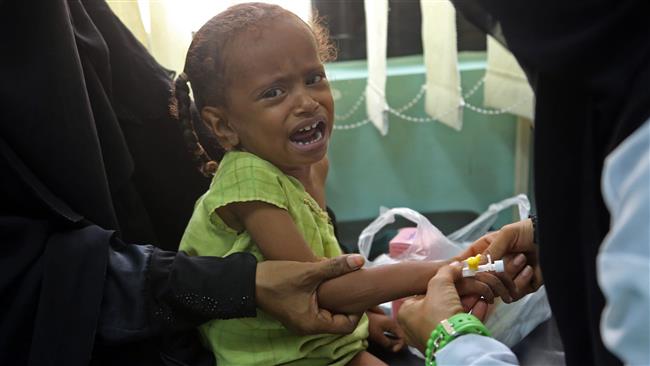

 This makes it easy to access the Press TV website
This makes it easy to access the Press TV website